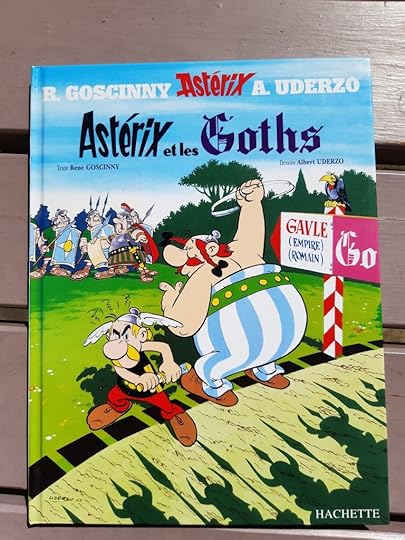The Word History of Heroes
Hello,
Having explored the life stories of so many heroes, heroines, and villains for “How to Get Your Name in the Dictionary”, I realised this morning that I’ve never delved into the word hero itself. Mission accepted.
A hero is defined as “a person who is admired for their courage, outstanding achievements, or noble qualities”. After the last two years we’re all clear that heroes don’t always wear capes and often can be found in the most unlikely of places, showing up, getting the job done, caring for others.
Hero arrived in the English dictionary in the late 1300s to describe a “man of superhuman strength or physical courage”, although of course it can now refer to a female as well and sometimes the strength is spiritual or moral rather than physical.
Hero landed from Old French heroe which had come from Latin heros (whose plural is heroes) which described a hero, demi-god, or an illustrious man. We don’t talk about people being illustrious much anymore, that’s a shame. The Latin term was drawn from Greek hērōs (demi-god) but linguistic experts suspect the true origin was probably an older word.
 A hero of the Gauls
A hero of the GaulsThe Greeks were big on gods, to say the least, and demi-gods were legendary figures typically born of a union between a god or goddess and a human. Perhaps the best known of these would be Hercules and the tales of his twelve great labours. Considering one of his labours was to visit the underworld, capture its three-headed dog guardian Cerebus, and escape I think we can agree he fits the bill as being a good model for a hero, in the classical sense.
By the mid 1660s a hero in English was less of a demi-god and more of a brave man. By the end of the 1600s it was used in the sense of the lead male in a play or story, a use it has retained ever since.
Hero can be used to indicate either a male or female in modern English, although there’s also a female form, heroine. Much has been written about heroes and heroic actions, from being the hero of your own story to hero-worship and have-a-go-heroes, but knowing you walk in the footsteps of Hercules may inspire you to quiet heroics of your own.
Until next time happy reading, writing, and wordfooling,
Grace (@Wordfoolery)
p.s. Today is the halfway point of NaNoWriMo 2021 and I’m up to 27,295 words on “Words Christmas Gave Us” – watch this space!



